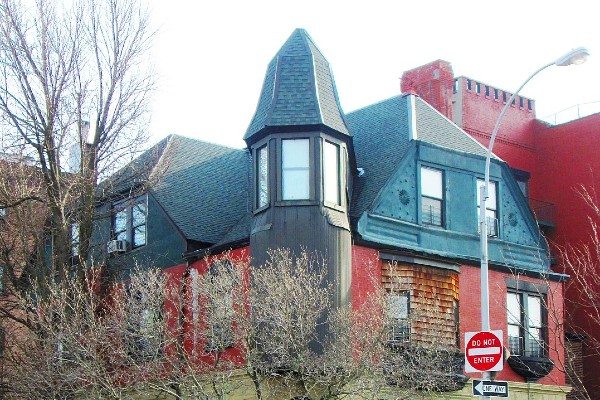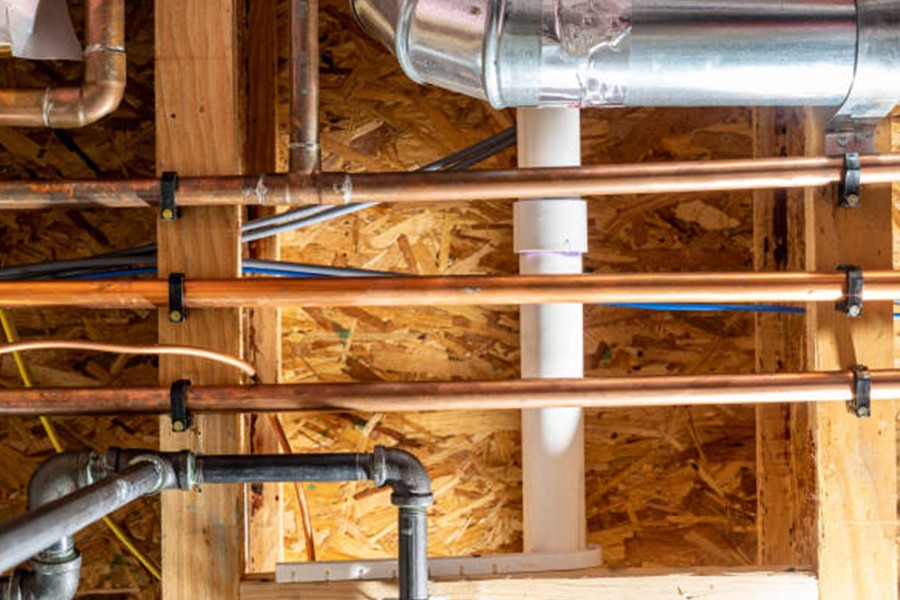 The cost of shelter was one of the fastest rising components of the January Consumer Price Index, which rose at an annual rate of 7.5%. A new report from real estate marketplace Zillow suggests that the reason is tied to rising prices for the average home.
The cost of shelter was one of the fastest rising components of the January Consumer Price Index, which rose at an annual rate of 7.5%. A new report from real estate marketplace Zillow suggests that the reason is tied to rising prices for the average home.
Zillow reports that a record 146 U.S. cities became new “million-dollar cities” in 2021, meaning the typical home in the metro is valued at $1 million or more.
Zillow reports that a record 146 U.S. cities became new “million-dollar cities” in 2021, meaning the typical home in the metro is valued at $1 million or more. By Zillow’s count, there are now 481 such cities in the U.S.
Geography has a lot to do with it. Most of these million-dollar cities are clustered within a few large coastal regions, such as the San Francisco and New York metros.
Geography has a lot to do with it. Most of these million-dollar cities are clustered within a few large coastal regions, such as the San Francisco and New York metros.
Los Angeles and San Jose are also part of the club. The researchers say 60% of all million-dollar cities lie within eight metro areas, and almost half – 44% – are in California.
Indian Creek, Fla., a 300-acre island in Biscayne Bay in Miami, holds the distinction of being the most expensive city in the country. Zillow reports that a typical home on the island goes for around $28 million.
Values also surged in the heartland
But a city doesn’t have to be on one of the coasts to see head-spinning price appreciation. Cody Hunter is the strategic construction adviser at Real Estate Bees in Boise, Idaho.
He tells ConsumerAffairs that home prices there have risen 37% year-over-year, and that’s largely a product of people moving to the metro.
He tells ConsumerAffairs that home prices there have risen 37% year-over-year, and that’s largely a product of people moving to the metro.
“For those not in residential real estate, it’s hard to articulate just how much migration we are experiencing and how much that migration in the form of demand, in addition to supply and labor shortages affects home prices,” Hunter said.
Mark Hamrick, senior economic analyst at Bankrate, says a number of factors have combined to make homes more expensive. Construction costs have risen sharply in recent years and, as a result, fewer new homes have been built. Now, the cost of financing is going up.
“In recent months, we’ve seen a sharp rise in mortgage interest rates, accelerating of late on the back of the surge in the yield of the 10-year Treasury bond,” Hamrick told ConsumerAffairs. “Not only have home prices been surging, but now mortgage rates have rebounded off recent lows. The national average on the 30-year fixed-rate mortgage this week has topped 4% for the first time since July 2019.”
The challenge for first-time buyers
So where does all of this leave people who want to buy their first home? Michael Clark, founder of the home management platform Pulled, says homes are now so expensive that buyers are overextended.
“This trend is not sustainable,” Clark told ConsumerAffairs. “With the average college graduate graduating with over $100,000 in debt and the job market showing stagnating income growth, the average new buyer can’t keep up with such quickly rising prices.”
Paraag Sarva CEO and co-founder of Rhino, a firm supporting the rental industry, agrees that consumers’ incomes simply haven’t kept up with home prices.
“First-time homebuyers are being priced out and forced to rent because they can’t afford to purchase a home at this time,” Sarva told ConsumerAffairs. “On top of that, according to the National Association of Realtors (NAR), over 35% of Millennials cite student loans as the main reason they remain renters.”
Prices are unlikely to go down, but Hamrick says there could be some moderation in-home price gains and home sales in the months ahead.
A big help, he says, would be an increase in the number of existing homes on the market, along with new construction of smaller, entry-level homes.
Become a Harlem Insider!
By submitting this form, you are consenting to receive marketing emails from: Harlem World Magazine, 2521 1/2 west 42nd street, Los Angeles, CA, 90008, https://www.harlemworldmagazine.com. You can revoke your consent to receive emails at any time by using the SafeUnsubscribe® link, found at the bottom of every email. Emails are serviced by Constant Contact








